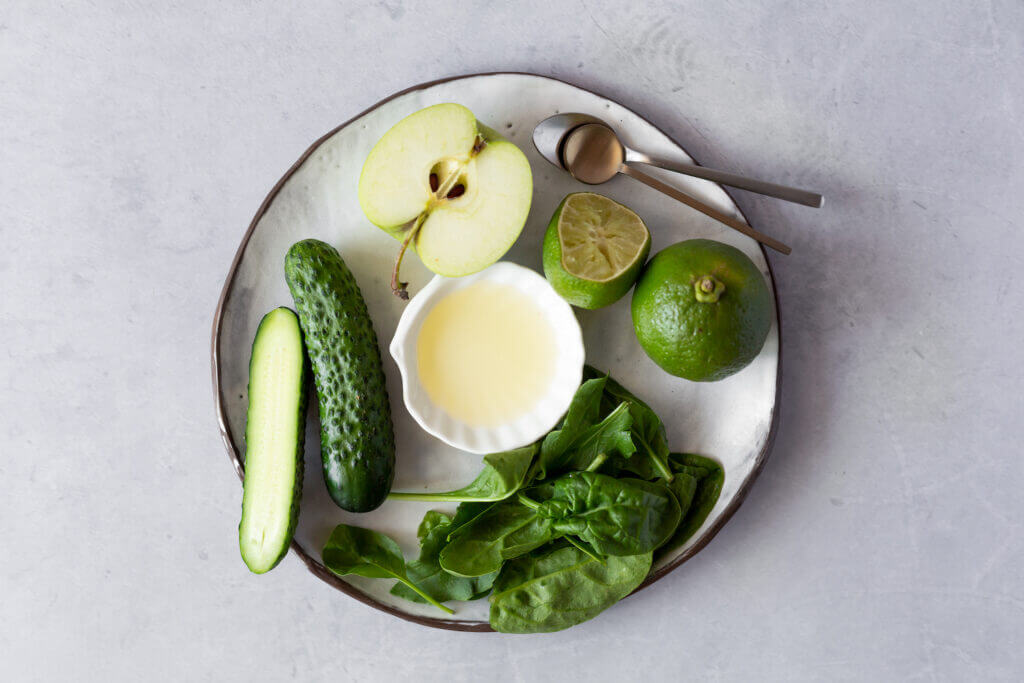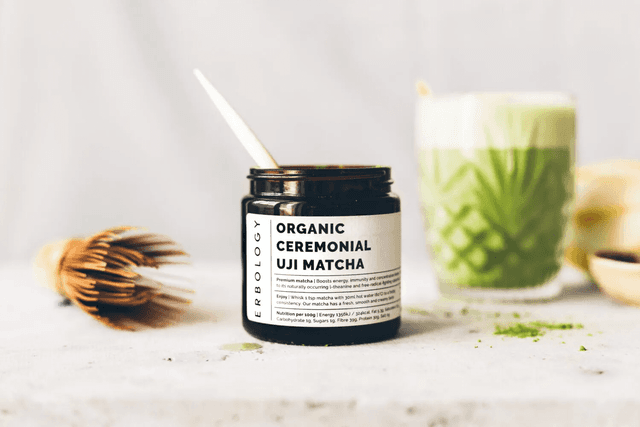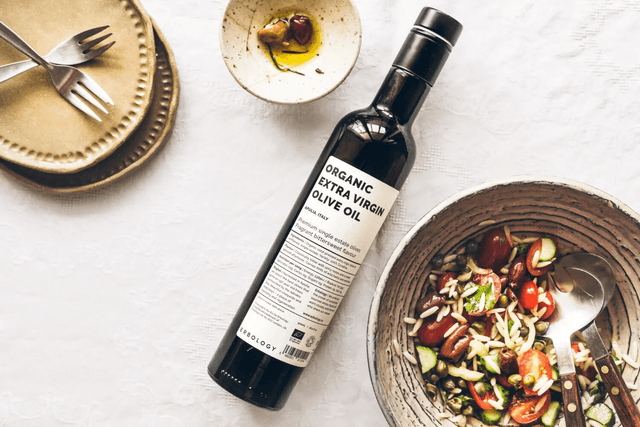09 May 2022
What are the best foods for health and longevity?
Perhaps one of the most well-known pioneers in the field of longevity is Dan Buettner. In fact, Dan and his team coined the term Blue Zones to refer to geographical areas in the world which are home to the longest living populations on Earth. Through their work, the Blue Zones team analysed 150 dietary surveys from the world’s longest living populations to discover the keys to health and longevity.
Eat your greens
One of the main pillars of the Blue Zone diets is that they are heavily plant-based. In fact, people in the Blue Zones eat about 95 to 100% plant-based diets. The longest-living people eat a wide variety of seasonal vegetables and preserve the surplus for the off-season by pickling or drying the fresh produce. Moreover, leafy greens including kale, spinach, chard and collard greens are amongst the most popularly consumed vegetables.
In addition, cruciferous vegetables feature widely in longevity diets. Cruciferous vegetables such as broccoli, brussels sprouts, cauliflower and cabbage contain compounds called isothiocyanates. Cruciferous vegetables contain a compound called sulforaphane (SFN), a type of isothiocyanate. Broccoli contains particularly high amounts of SFN. Interestingly, research has found that SFN has chemoprotective properties in animal cancer models as well as anti-cancer properties.(1)

Greens and longevity
Moreover, increased intakes of leafy green and cruciferous vegetables are linked to longevity. In fact, a meta-analysis investigated the effects of green leafy and cruciferous vegetable intake on the incidence of cardiovascular disease. Overall, consumption of these vegetables significantly reduces the incidence of cardiovascular disease.(2)
In addition, cruciferous vegetable consumption is linked to a reduced incidence of multiple cancers. One study analysed data from thousands of case-control studies to determine the effect of cruciferous vegetables on cancer risk. The researchers found that consuming cruciferous vegetables at least once per week led to a significant reduction in risk of developing cancers of the oral cavity, oesophagus, colorectum, breast and kidney, compared to no or occasional consumption.(3)
Moreover, leafy greens contain fat-soluble phytochemicals including carotenoids which have powerful antioxidant properties. In order to maximise the health benefits, consuming fats with leafy greens is a great way to boost the absorption of fat-soluble phytochemicals. For example, you could make a salad dressing using extra virgin olive oil, or add some nuts or seeds to your salad.

